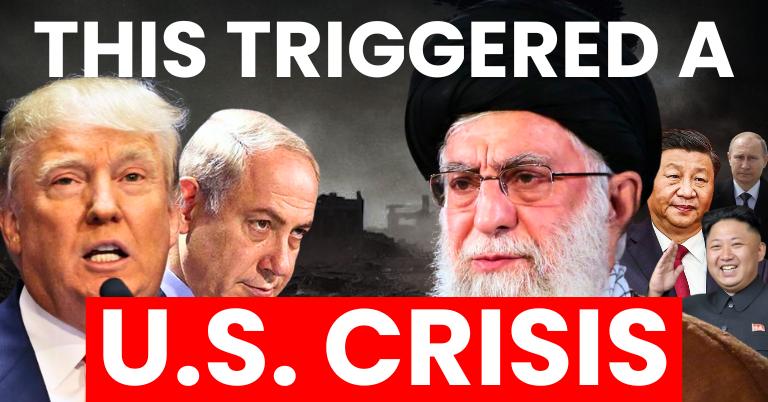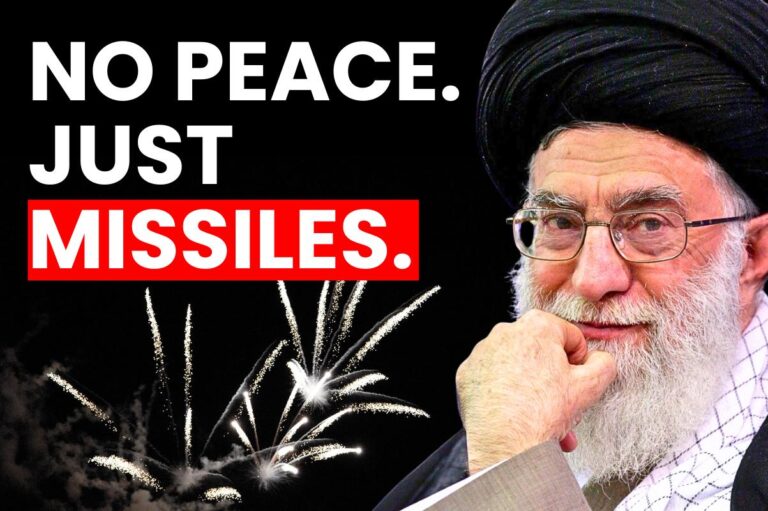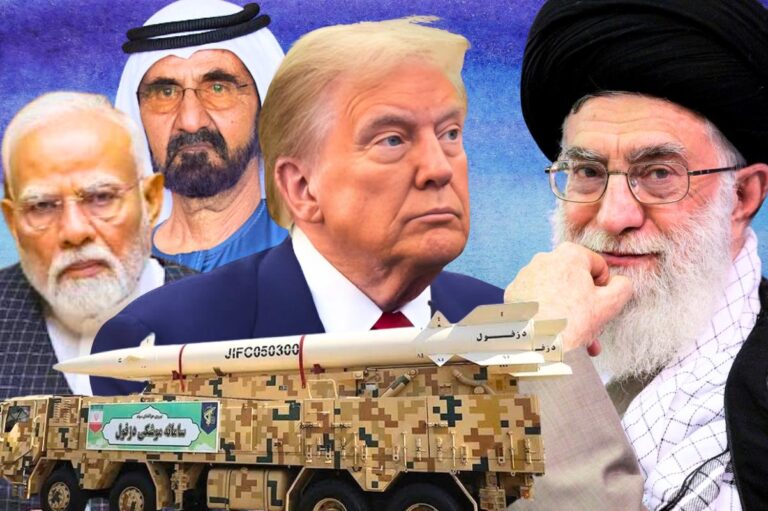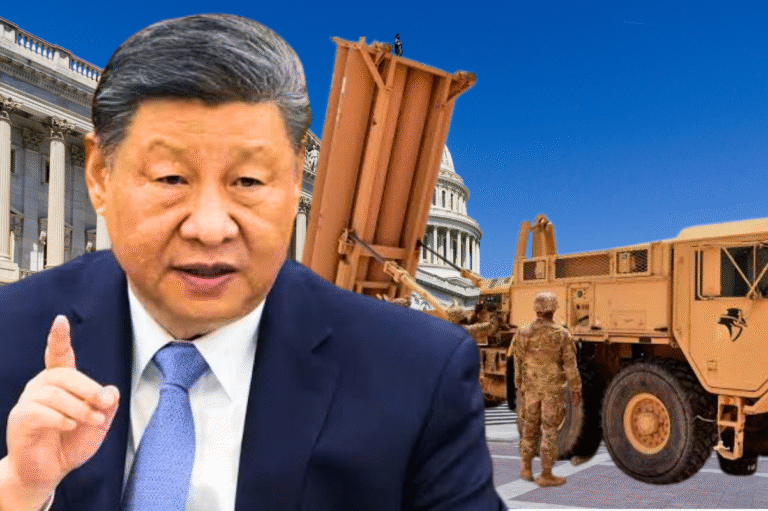Iran’s Message to Israel Just Triggered a U.S. Dilemma
Iran’s message to Israel has put the United States is often in a precarious and complicated situation. This article analyses Iran’s recent message and considers their wider geopolitical ramifications, and describes how Washington is juggling the need to strike a delicate balance between strategic pressure and moderation on several fronts.
Understanding Iran’s Latest Message to Israel
Iran has just issued a clear message to Israel, if the US supports Israeli actions, it will put everyone at risk. Before making those assertions, the United States had already bombed Iranian nuclear sites, giving the impression that they were actively engaging rather than simply defending themselves.
Key Points from Iran’s Warning
- A stern warning at the UN Security Council that the U.S. had indirectly participated in the strikes .
- Iran’s Supreme Leader threatening “irreparable damage” should America deepen its involvement.
This message presents the United States with a challenging predicament, requiring it to navigate the delicate balance between supporting an ally and preventing a potential escalation into a broader military conflict.
Why World War 3 May Not Be a Theory Anymore
Why This Puts the U.S. in a Dilemma
Escalation vs. Deterrence
The U.S. must decide whether to back up Israel’s actions fully—even at risk of provoking Iran—or pull back to safeguard American interests and forces in the region. Tehran’s rhetoric shows that American intervention could trigger retaliation or wider instability .
Diplomacy vs. Force
Diplomatic efforts are now sidelined. Planned negotiations in Muscat have collapsed amid military posturing as per time.com. Iran’s message complicates prospects of restarting talks, even as national security teams urge restraint.
Public Opinion & Political Pressure
Back home, many Americans and lawmakers oppose deeper involvement, as evidenced by media coverage and polling. Consequently, the administration is facing increasing calls from Congress to establish red lines and pursue engagement rather than escalation.
What Could Happen Next
1. U.S. Avoids Full Engagement
- Continue intelligence and logistical support for Israel
- Use diplomacy to prevent further escalation
- Reinforce military assets defensively in the Gulf
2. U.S. Deepens Its Role
- Launch additional strikes on Iranian infrastructure
- Respond militarily if U.S. bases or interests are targeted
- Strengthen missile defense systems in the region
3. Diplomatic Breakthrough
- Reignite talks with the IAEA and European mediators
- Explore new agreements to limit nuclear activities
- Leverage Security Council resolutions to create pressure
Broader Impacts & International Reactions
- Oil & Global Markets: Iran threatened to disrupt the Strait of Hormuz, which could send energy prices soaring
- Risk of Proxy Warfare: Iran could empower militias in Iraq, Syria, or Yemen to retaliate—possibly dragging U.S. assets or allies into conflict .
- Geopolitical Alignment: Russia and China condemned the strikes and may support Iran diplomatically, making U.S. decisions at the UN more complex .
What the U.S. Can Do Now
1. Define clear red lines: As advised by experts like Michael Singh, America needs a consistent message on what constitutes unacceptable escalation .
2. Engage allies diplomatically: The EU, UN, and Gulf partners can help open communication channels and calm tensions.
3. Prepare defensively: Continue defensive deployments to protect U.S. forces and shipping lanes.
4. Save negotiations: Push for revised diplomatic talks while offering Iran concrete incentives to halt nuclear activities.
Conclusion
The US has a difficult decision between supporting a critical ally and avoiding regional conflict after Iran’s direct message to Israel. The way Washington responds—militarily, diplomatically, or through deterrence—determines not only its regional posture but also global stability. The entire world is currently watching as America navigates this precarious path.
External Resources
- Time: U.S. issues “Worldwide Caution” on Iran retaliation.
- AP News: U.S. enters Israel-Iran war with nuclear site strikes.
- Washington Post: Trump’s shifting stance on Iran and Israel.






